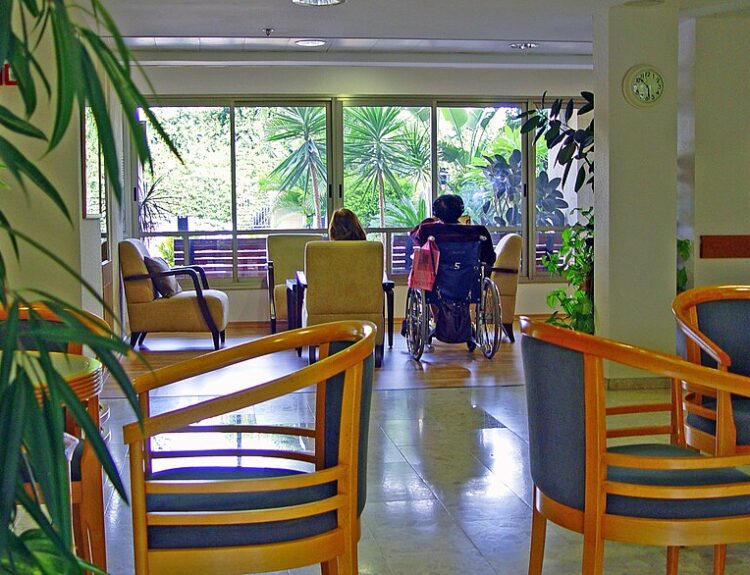Maintaining cognitive health is possible with these strategies
- Dementia is not an inevitable part of aging
- Maintaining cognitive health starts with having a healthy heart
- Learning new things and staying connected can help prevent cognitive decline
As we age, the fear of dementia or Alzheimer’s often looms over us. However, it is important to note that dementia is not an inevitable part of aging. While it is more common among older individuals, it is actually related to underlying neurodegenerative diseases that are not a normal part of aging. To maintain cognitive health, there are three key factors to consider. Firstly, having a healthy heart is crucial. Following a heart-healthy diet and engaging in regular physical activity can benefit both the heart and the brain. This includes consuming fruits, vegetables, legumes, whole grains, and lean meats while limiting processed foods and sedentary behavior. Secondly, continuous learning and trying new activities can help strengthen the brain. Engaging in activities that require full attention and concentration, such as learning a new language or delving into digital photography, can help maintain cognitive function. Lastly, staying connected socially is essential. Social isolation and loneliness have been linked to an increased risk of dementia and other physical and mental conditions. Participating in social activities, whether through phone calls, Zoom chats, or in-person interactions, can strengthen social networks and cognitive networks. While there are no guarantees, taking proactive steps to maintain cognitive health can improve the probability of staying sharp as we age. Some individuals are able to maintain high levels of cognitive function well into their 80s and beyond. Many centenarians are not only cognitively healthy until the end of life but also continue to embrace every day with joy and vitality.
Factuality Level: 3
Factuality Justification: The article provides general information about dementia and Alzheimer’s, along with tips on how to maintain cognitive health. However, it lacks depth and specific details to support the claims made by Dr. Stacy L. Andersen. The article contains personal anecdotes and unnecessary details that do not contribute significantly to the main topic. It also lacks references to scientific studies or research to back up the advice given.
Criteria1: 3
Criteria2: 2
Criteria3: 7
Criteria4: 8
Criteria5: 8
Criteria6: 6
Criteria7: 5
Criteria8: 7
Criteria9: 6
Noise Level: 4
Noise Justification: The article provides some valuable insights on maintaining cognitive health as we age, backed by expert opinions and studies. However, it contains some repetitive information and personal anecdotes that do not add much value to the overall message. The article could benefit from more focus on the core topic and less filler content.
Financial Relevance: No
Financial Markets Impacted: No
Presence Of Extreme Event: No
Nature Of Extreme Event: No
Impact Rating Of The Extreme Event: No
Rating Justification: The article does not pertain to financial topics and does not describe any extreme events.
Private Companies: AARP
Key People: Dr. Stacy L. Andersen (Assistant Professor of Medicine at Boston University)
 www.marketwatch.com
www.marketwatch.com 





